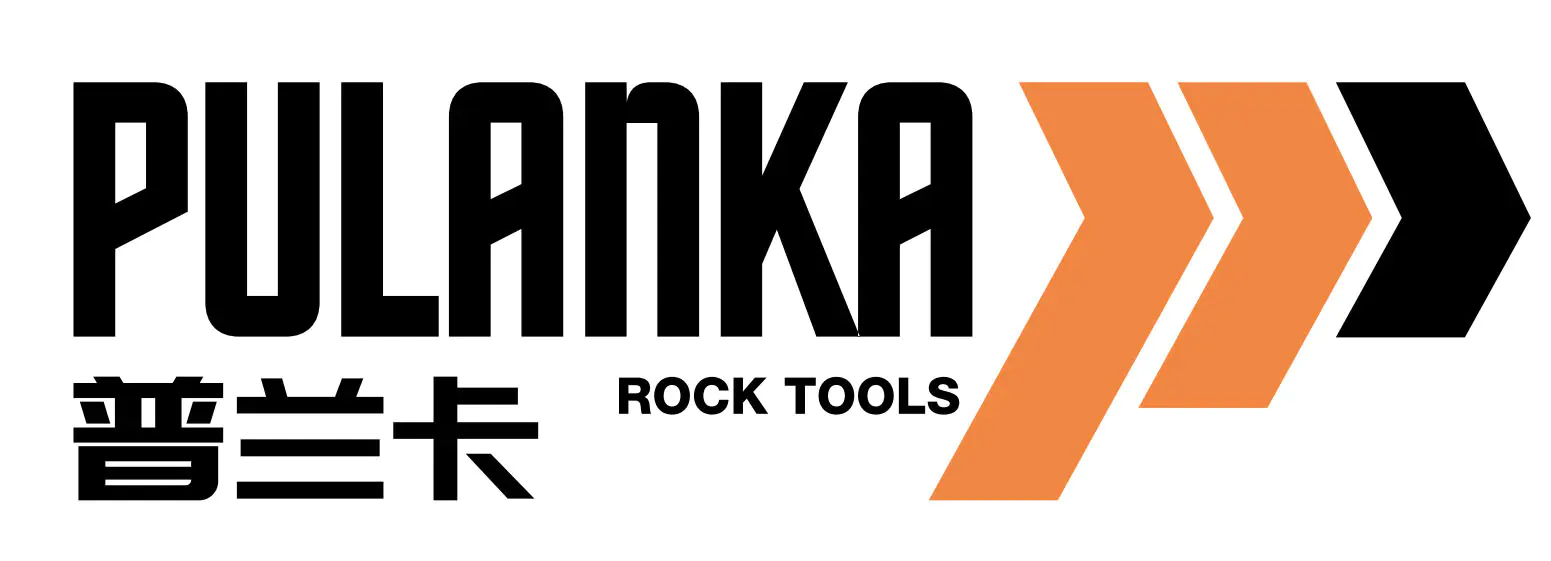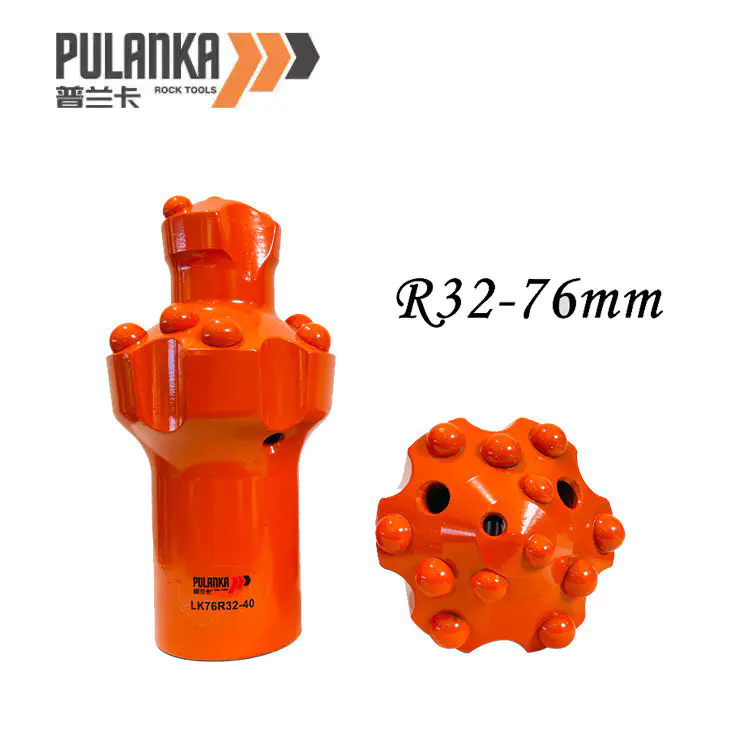How Does a Reaming Bit Improve Drilling Efficiency?
2025-08-20
Reaming bits play a crucial role in drilling operations across industries such as oil, gas, mining, and construction. Understanding how these specialized tools function and their benefits is essential for companies looking to optimize their drilling efficiency, reduce operational costs, and extend equipment lifespan. In this article, we will explore in depth the mechanics of reaming bits, their specifications, and common concerns from drilling professionals.
Understanding the Purpose of a Reaming Bit
A reaming bit is designed to enlarge or smoothen the borehole after the initial drilling stage. Unlike conventional drill bits that focus on penetration, reaming bits maintain the desired borehole diameter, reduce friction, and improve the surface finish of the wellbore.
Key Functions:
-
Hole Enlargement: Ensures the borehole reaches precise diameter specifications.
-
Stabilization: Reduces vibrations during drilling, improving equipment lifespan.
-
Enhanced Drilling Efficiency: Optimized blade geometry reduces torque requirements and improves rotation speed.
-
Surface Finish Improvement: Creates smoother walls for subsequent casing or cementing operations.
By understanding these core functions, engineers and drilling operators can select the appropriate reaming bit for specific geological formations, ensuring consistent results and fewer operational interruptions.
Technical Specifications of Reaming Bits
The efficiency and reliability of a reaming bit depend on its material composition, design features, and operational parameters. The table below summarizes typical specifications for a high-performance reaming bit:
| Parameter | Specification | |||
|---|---|---|---|---|
| Material | Tungsten carbide, steel alloy, or hybrid composites | Diameter Range | 6 – 36 inches (custom sizes available) | |
| Weight | 50 – 400 kg | |||
| Cutting Structure | Multi-blade, PDC (polycrystalline diamond compact) | |||
| Operating Temperature | -20°C to 150°C | |||
| Recommended Rotation Speed | 50 – 200 RPM | |||
| Recommended Weight on Bit | 10 – 50 tons | |||
| Applications | Oil & gas drilling, water wells, mining, construction |
Modern reaming bits are engineered with precision to adapt to varying formation hardness. The cutting edges are designed to resist wear, while the body of the bit is reinforced to prevent deformation under high pressure. High-quality reaming bits are also compatible with standard drilling rigs, reducing additional setup time.
How to Maximize Reaming Bit Performance
Proper usage and maintenance are critical to maximizing the performance of reaming bits. Operators should follow industry best practices to enhance efficiency and minimize downtime:
-
Correct Selection: Evaluate formation type, hole diameter, and operational parameters before selecting the bit.
-
Optimal Weight and RPM: Follow manufacturer recommendations for weight on bit and rotation speed to prevent overloading.
-
Regular Inspection: Monitor cutting edges for wear and replace or sharpen when necessary.
-
Lubrication and Cooling: Ensure sufficient mud flow or cooling fluid to reduce heat and friction.
-
Bit Repositioning: Adjust reaming bit positioning in multi-stage drilling to maintain accurate hole geometry.
These practices can reduce the risk of premature failure, enhance drilling speed, and improve the surface quality of the borehole.
Reaming Bit FAQ
Q1: How often should a reaming bit be replaced during drilling operations?
A1: The replacement interval depends on formation hardness and operational conditions. For soft formations, a reaming bit may last for several hundred meters, whereas in hard or abrasive formations, frequent inspections and potential replacements after 50–100 meters may be necessary. Regular monitoring of cutting edges ensures optimal performance and prevents borehole deviation.
Q2: Can a single reaming bit handle multiple diameters?
A2: Generally, reaming bits are designed for a specific diameter range. While adjustable or expandable reaming tools exist, standard bits are not intended to cover multiple diameters. Using a correctly sized reaming bit for each stage ensures precision and reduces wear.
Choosing Pulanka Reaming Bits for Superior Performance
Pulanka specializes in manufacturing high-quality reaming bits tailored to industrial drilling needs. With decades of experience, Pulanka combines advanced materials, innovative blade design, and precision engineering to deliver reliable performance across a variety of geological conditions.
Key advantages of Pulanka reaming bits:
-
Durability: Wear-resistant cutting edges prolong operational lifespan.
-
Efficiency: Optimized geometry reduces drilling torque and operational time.
-
Compatibility: Designed for standard drilling rigs and customizable applications.
-
Support: Expert technical guidance and after-sales support for drilling operations.
By choosing Pulanka, drilling companies can minimize downtime, enhance borehole quality, and improve overall drilling efficiency. For more detailed information or to request a custom solution, contact us today to discuss your specific drilling needs.
Related News






